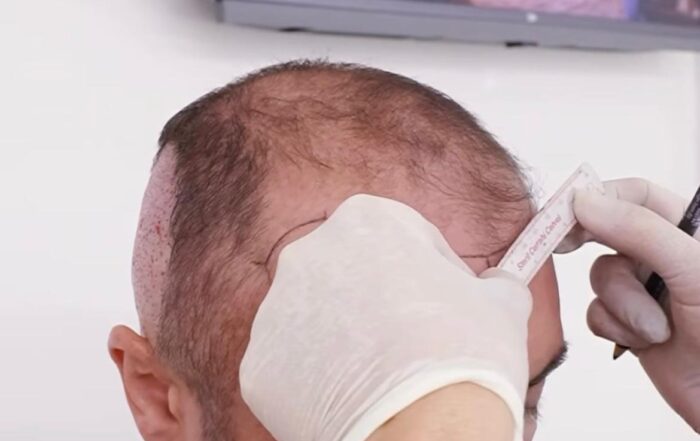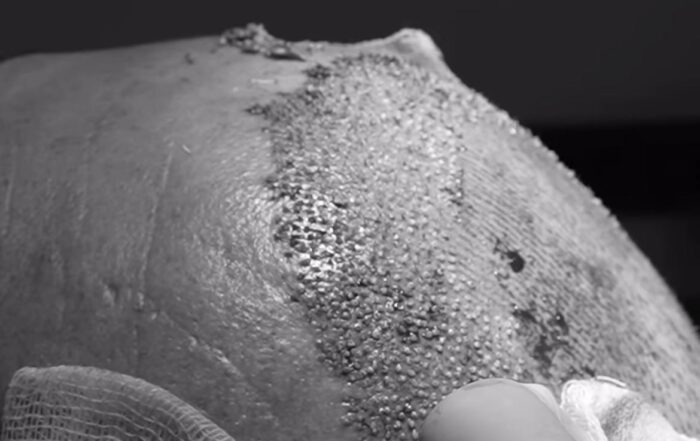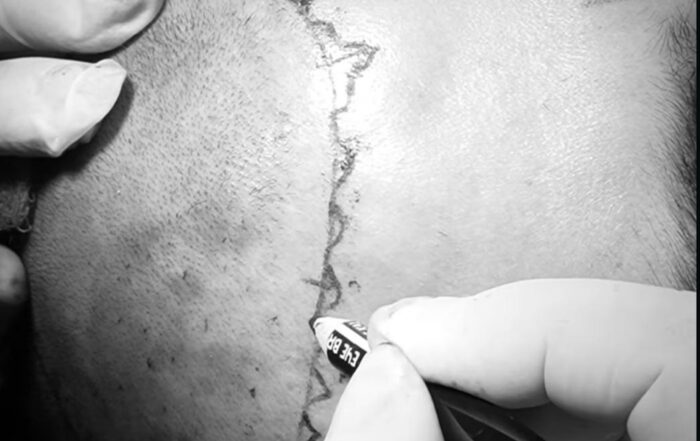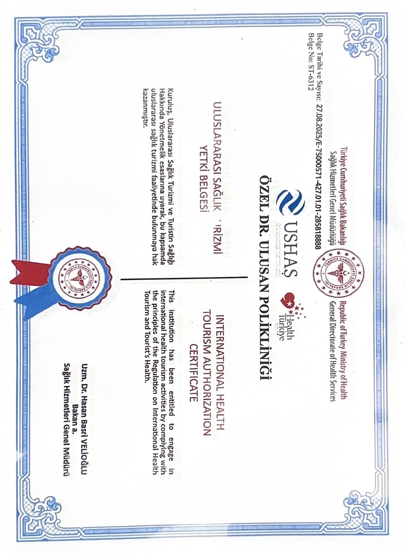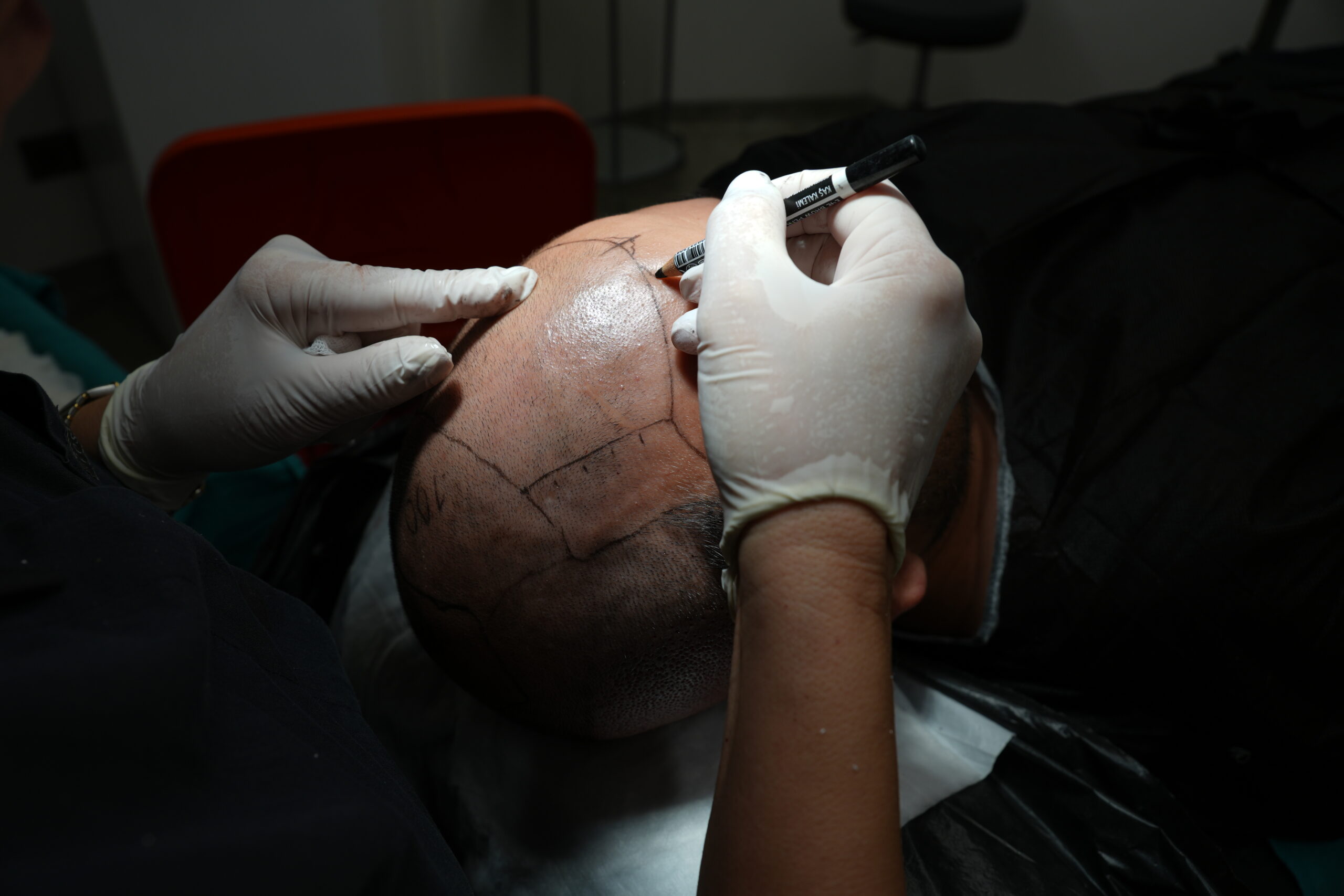
What Is Post-Finasteride Syndrome and Is Finasteride Safe for Hair Loss Treatment?
Finasteride is an FDA-approved medication used to treat hair loss by blocking the hormone DHT. It is considered safe when prescribed correctly, though rare side effects have been reported. Finasteride is often used before or after hair transplant surgery to improve and maintain results.
Post Author:
medicalhair
Categories:
Date Posted:
October 2, 2025
Share This:
Introduction to Finasteride
Finasteride is a medication that works by blocking an enzyme called 5-alpha reductase, which plays a role in hair loss and prostate growth. It mainly targets the type 2 form of this enzyme. The FDA approved finasteride in 1992 to treat an enlarged prostate (benign prostatic hyperplasia), and in 1997, it was also approved to treat male pattern hair loss (androgenetic alopecia).
Over the years, many studies have shown that finasteride is generally safe and well-tolerated. Side effects are uncommon and usually go away after stopping the medication. The most reported ones—such as a lower sex drive or reduced ejaculatory volume—are more often seen in men taking the higher 5 mg daily dose used for treating an enlarged prostate (BPH).
Post-finasteride syndrome (PFS) is a term used to describe side effects after stopping finasteride:
- Ongoing sexual
- Mental
- Physical
What are the Symptoms
Sexual side effects may involve reduced or complete loss of libido, lack of response to sexual stimulation, erectile dysfunction, decreased sensation during orgasm, reduced genital sensitivity, lower semen volume, poor sperm quality.
Cognitive and emotional symptoms may include memory problems, difficulty concentrating or understanding, depression (sometimes with suicidal thoughts), anxiety, panic attacks, emotional numbness, and trouble sleeping.
Physical symptoms can include gynecomastia (breast tissue growth in men), chronic fatigue, muscle weakness or loss, muscle pain or spasms, joint pain, and dry skin.
Final Points for Post-Finasteride Syndrome
Despite growing concerns and reports in recent years, finasteride is still widely regarded as a safe medication when used as prescribed. It remains challenging to determine which physiological, hormonal, or neurological changes are direct effects of finasteride, and which may be secondary. To better understand potential links, it is important to re-evaluate conduct more detailed analyses and carefully reviewing individual medical histories and ruling out the influence of other medications or underlying health conditions.
Finasteride and Hair Transplantation: Finding the Right Approach for Lasting Results
While concerns such as post-finasteride syndrome have sparked ongoing debate, most clinical evidence supports the safe use of finasteride when prescribed appropriately. For individuals considering hair restoration, finasteride remains a common medical option—often used to stabilize hair loss before or after a hair transplant procedure. However, because each patient’s situation is unique, it is essential to have a thorough consultation with a qualified hair transplant surgeon.
References
- Cather JC, Lane D, Heaphy MR Jr, Nelson BR. Finasteride--an update and review. Cutis. 1999;64(3):167-172.
- Healy D, Le Noury J, Mangin D. Enduring sexual dysfunction after treatment with antidepressants, 5α-reductase inhibitors and isotretinoin: 300 cases. Int J Risk Saf Med. 2018;29(3-4):125-134. doi:10.3233/JRS-180744
- Pereira AFJR, Coelho TOA. Post-finasteride syndrome. An Bras Dermatol. 2020;95(3):271-277. doi:10.1016/j.abd.2020.02.001
References
- Cather JC, Lane D, Heaphy MR Jr, Nelson BR. Finasteride--an update and review. Cutis. 1999;64(3):167-172.
- Healy D, Le Noury J, Mangin D. Enduring sexual dysfunction after treatment with antidepressants, 5α-reductase inhibitors and isotretinoin: 300 cases. Int J Risk Saf Med. 2018;29(3-4):125-134. doi:10.3233/JRS-180744
- Pereira AFJR, Coelho TOA. Post-finasteride syndrome. An Bras Dermatol. 2020;95(3):271-277. doi:10.1016/j.abd.2020.02.001


